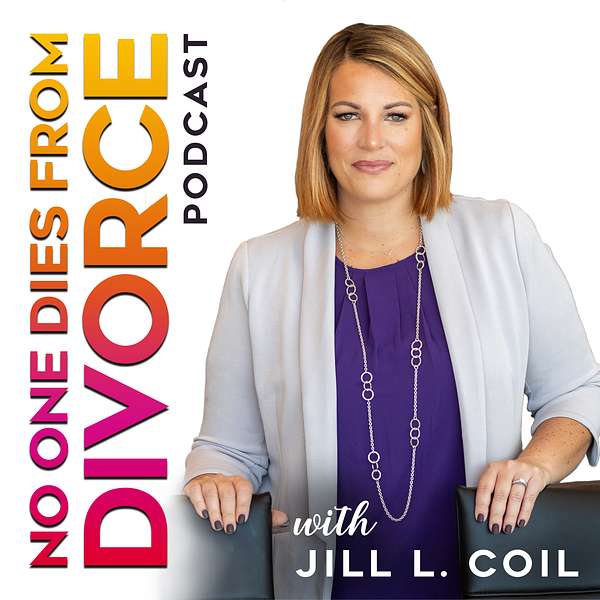
No One Dies from Divorce
No One Dies from Divorce
Dr. Susan Thompson: The Divorce Diet: How to Avoid Turning to Food to Cope
The stress of divorce can trigger a wide range of emotional responses, including eating disorders. Today, I’m joined by Dr. Susan Thompson, President of the Institute for Sustainable Weight Loss and the founder of the worldwide Bright Line Eating Movement, to discuss the psychology behind how and why we eat the way we do.
Susan Peirce Thompson, Ph.D. is an Adjunct Associate Professor of Brain and Cognitive Sciences at the University of Rochester and an expert in the psychology of eating. She is President of the Institute for Sustainable Weight Loss and the founder of the worldwide Bright Line Eating movement. Her first two books, including “Bright Line Eating: The Science of Living Happy, Thin, and Free,” became New York Times bestsellers and instant Hay House favorites. Her work weaves the neuroscience of food addiction with powerful insights from Positive Psychology, IFS, and 12-Step Recovery to outline a roadmap for achieving true integrity and self-authorship around food. The Bright Line Eating mission is to help one million people around the globe discover lasting food freedom and have their “Bright Transformations” by 2025.
We all have automated our eating habits to a large extent. To retrain our brains and change these habits, it takes about 3-4 months of discipline and intense structure. Bright Line Eating works because
- They take food addiction seriously.
- They know that the solution is automaticity; you’re never going to win if it’s about choice and willpower. Automaticity is brushing your teeth in the morning and night without thinking about it. Bright Line will teach you how to tap into that part of the brain so you treat eating the same way.
Eating disorders can be developed as a way for a person to cope with stressful situations, and can cause a person to overeat or undereat. When it comes to the first, the idea that food can be an addiction is controversial. Bright Line addresses this idea by drawing a line around problem substances like flour and sugar.
If you’re struggling with an eating disorder during or after divorce, tap into the psychology behind how and why you eat the way you do. If it’s time to build a new relationship with food, consider retraining your brain with a program like Bright Line, join a group, or talk to a Doctor / therapist.